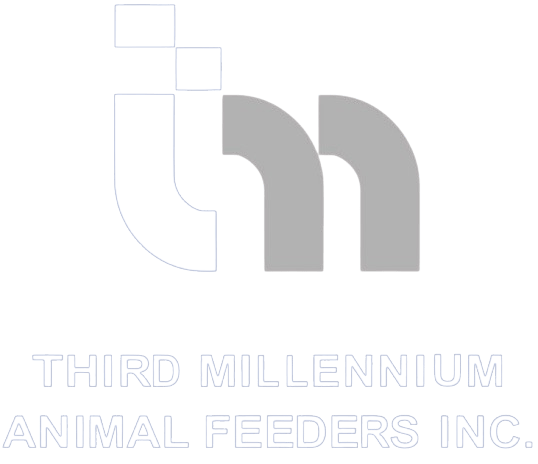


Rumen-protected lysine
Category: Ruminants
Description
Rumen-protected lysine (RPL) is a form of lysine that is formulated to bypass rumen degradation in ruminant animals and be available for absorption and utilization in the lower digestive tract. Here are some benefits of using rumen-protected lysine in ruminant diets:
- Improved protein synthesis: Lysine is considered the first limiting essential amino acid in many ruminant diets, as it is rapidly degraded in the rumen. By using rumen-protected lysine, the availability of this essential amino acid can be increased in the lower digestive tract, allowing for improved protein synthesis. Lysine is crucial for the synthesis of proteins, enzymes, hormones, and other vital compounds in the animal’s body. Enhancing lysine availability through RPL can support growth, milk production, and overall animal performance.
- Increased milk protein yield: Dairy cows require a sufficient supply of lysine for milk protein synthesis. By supplementing the diet with rumen-protected lysine, the supply of lysine to the mammary gland can be improved, leading to increased milk protein production. This can positively impact milk yield, composition, and quality.
- Enhanced muscle development: Lysine is particularly important for skeletal muscle development in growing ruminants. By providing rumen-protected lysine, the availability of this essential amino acid for muscle protein synthesis can be increased, promoting muscle growth and improving body condition. This is especially beneficial for young animals undergoing rapid growth.
- Improved reproductive performance: Adequate lysine availability is crucial for optimal reproductive performance in ruminants. Rumen-protected lysine can help meet the increased demand for lysine during critical reproductive stages, such as postpartum recovery, estrus, and early pregnancy. By supporting proper follicular development, embryo quality, and hormone synthesis, RPL can contribute to improved reproductive efficiency and conception rates in dairy cows and other ruminant species.
- Enhanced immune function: Lysine is involved in the production of antibodies and other immune-related molecules, supporting immune function in ruminants. By providing rumen-protected lysine, the animal’s immune response can be strengthened, leading to improved disease resistance and overall health.
- Optimized nitrogen utilization: Rumen-protected lysine can help improve nitrogen utilization in ruminants. Lysine supplementation allows for more efficient use of dietary nitrogen, reducing nitrogen losses through urine and feces. This can positively impact nitrogen efficiency, reducing the environmental impact of livestock operations and improving feed conversion efficiency.
The inclusion levels of rumen-protected lysine in ruminant diets should be based on factors such as specific nutritional requirements, production goals, and the composition of the overall diet. Consultation with a ruminant nutritionist or veterinarian experienced in the specific species is recommended to determine the appropriate inclusion levels and benefits of rumen-protected lysine supplementation in ruminant diets.





